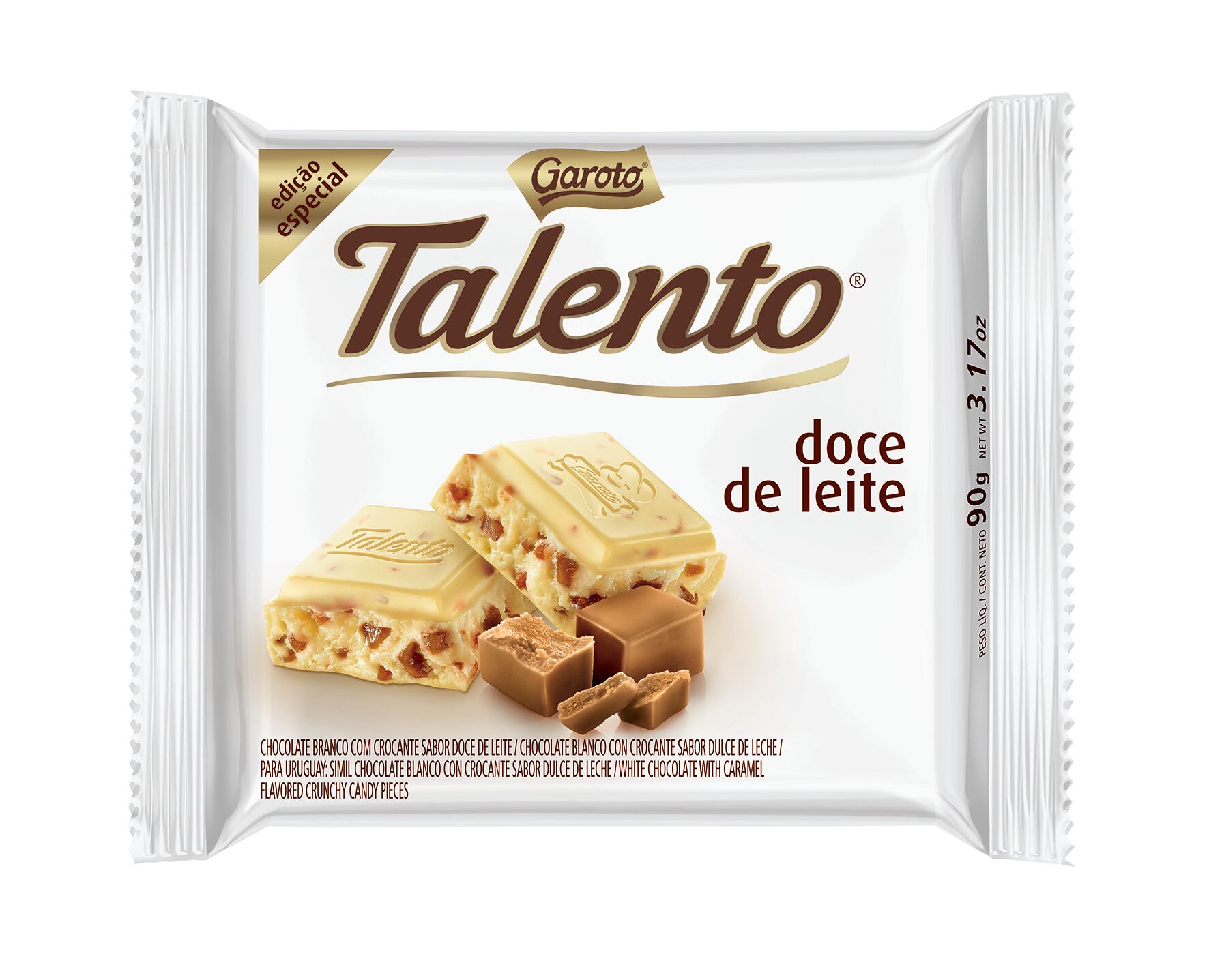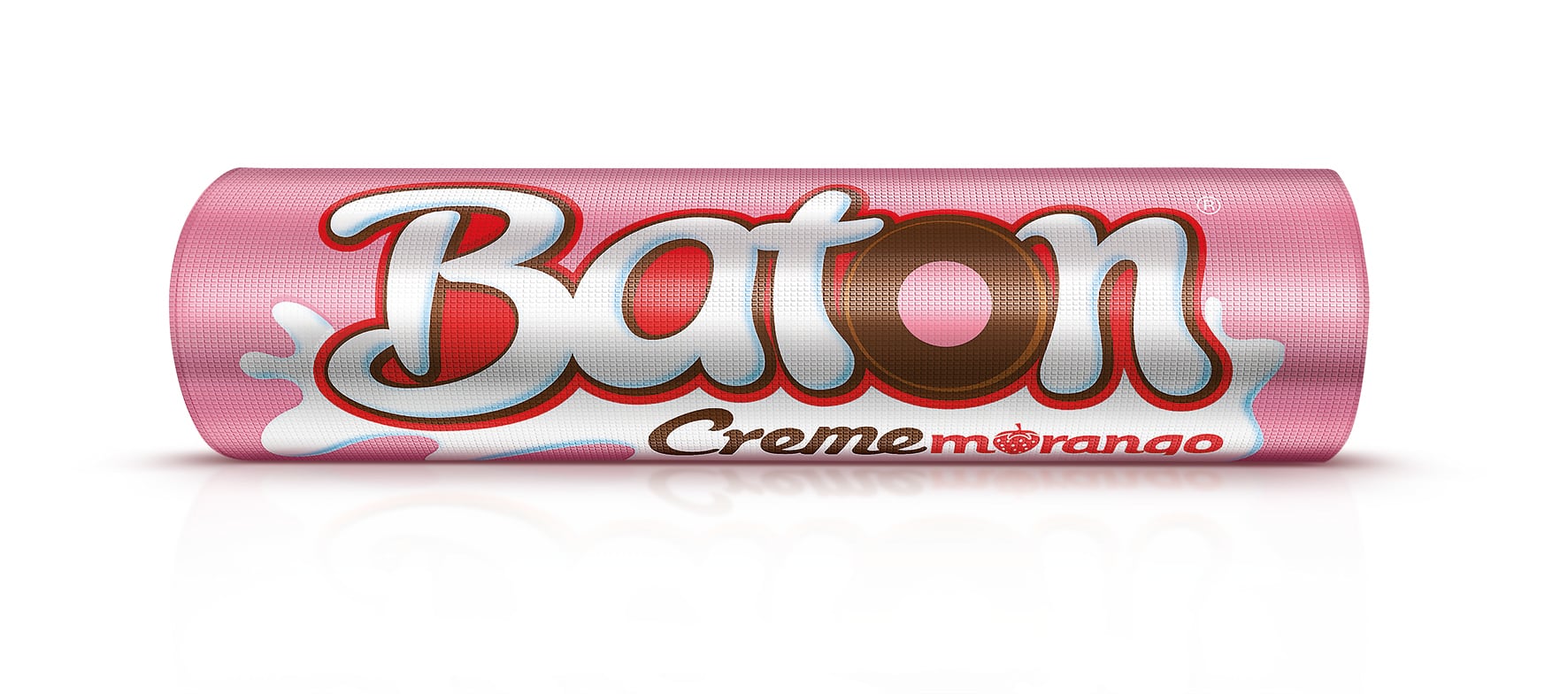Nestlé announced plans to acquire Chocolates Garoto in 2002 for aroudn $240m, but the Brazilian competition authority (CADE) vetoed the move in 2004, fearing it would hinder competition in the domestic chocolate market.
Since 2004, Nestle has been the owner of Garoto, but Garoto has operated as a separate manufacturing and administrative operation.
Agreement nears
Liberato Milo, general director of Chocolates Garoto, said at an event earlier this month that Nestlé was close to a deal with CADE allowing the two entities to fully integrate.
His comments were published in the Brazilian press and confirmed to ConfectioneryNews by Nestlé’s press office.

Philippe Aeschlimann, corporate communications at Nestlé Brasil, told this site: “In December 2015, Nestlé Brazil presented to CADE (Administrative Council for Economic Defence) a request to evaluate a solution for the acquisition of Chocolates Garoto, carried out in 2002.
"Considering that the transaction is sub-judice since 2005, we are unable to comment on the specifics of the case.”
Nestlé invests in Garoto
He said Nestlé had “consistently invested” in the production and modernization of lines at Garoto’s factory in Vila Velha since 2002.
Garoto has around 70 products under brands such as Talento, Baton, and Garoto, including bars, tablets, Easter Eggs, cooking chocolate and powdered chocolate.
It has been rumoured Nestlé will need to offload Garoto brand Serenata de Amor, but Milo called this “professional gossip”.

Garoto’s net income has grown 167% from 2002 and 2015 and revenues are expected to reach BRL $2.5bn ($767m) in 2016.
Milo hinted that Garoto plans to launch a single-estate chocolate line, produced with cocoa from the State of Espírito Santos, Garoto’s home state. But Aeschlimann said it was too early to discuss a possible launch.
Brazil’s chocolate market
Nestlé competitor Mondelēz International led Brazil’s chocolate confectionery market in 2015 with a value share of 32%, according to Euromonitor International, based partly on the strength of its Lacta and Bis brands.
But as a combined entity, Nestlé and Garoto would have led the market with a 41.4% value share last year.
The research organization predicts value sales in the Brazil chocolate confectionery market will grow at a compound annual growth rate of 5% in the next five years to reach BRL 17.7bn ($5.4bn) by 2020.
